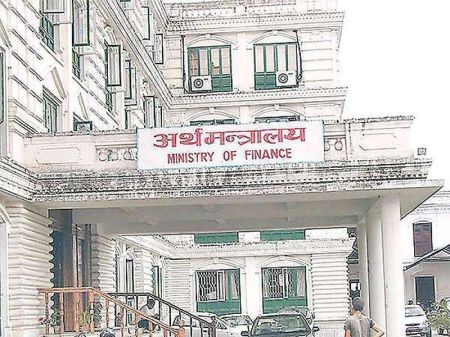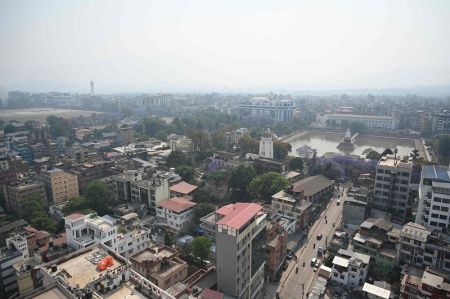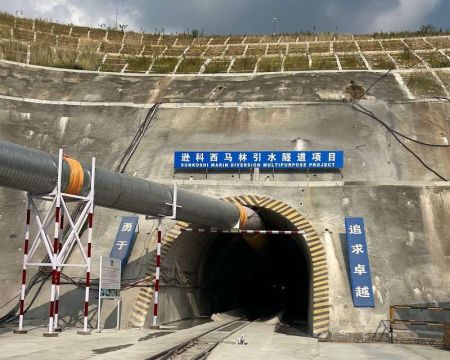April 22: In recent days, the NEPSE stock market index has experienced a continuous decline. Towards mid-March, following the formation of a new coalition government, the NEPSE, which had surged above 2100 points, has now fallen below 2000 points. After the formation of the new government, NEPSE initially rose, reaching as high as 2124.08 points on March 13. However, on Thursday, April 18, it dropped to 1972.14 points.
As NEPSE index continues to decline, the turnover is also diminishing. The daily turnover of the secondary market, which previously exceeded Rs 4 billion, has now decreased to around Rs 2 billion during this period, indicating limited trading activity in the secondary market of securities. Despite expectations of a rise in the capital market following increased liquidity in the banking sector due to the reduction in interest rates, the market failed to capitalize.
Investors and stock market experts attribute the market's inability to rise to various factors, including political instability, uncertainty regarding changes in banking and financial institution laws, economic downturn, and increased issuance of bonus and rights shares.
The government has introduced a bill in Parliament proposing amendments to certain provisions of the Bank and Financial Institutions Act. The bill suggests reducing the ownership limit from 2 percent to 1 percent for individuals or organizations investing in banks and financial institutions collectively. This move has prompted shareholders owning more than 1 percent of shares to sell their shares, potentially flooding the market and depressing share prices.
Nawaraj Dahal, a securities market investor, noted, "Some investors are speculating that the amendment to this Act will lead to increased share supply in the market, which may also contribute to the stock market's decline."
Moreover, the market is experiencing oversupply due to a continuous increase in bonus and rights shares, which has prevented share prices from rising.
International capital market expert Mukti Aryal suggests that the stock market reflects the state of the economy. While the National Statistics Office projects a 4 percent economic growth in the second quarter of the current fiscal year compared to the same period last year, the Asian Development Bank predicts Nepal's economic growth to be 3.6 percent for the year.
Aryal emphasizes the interplay between the economy and the stock market, noting that banks and businesses are facing challenges with reduced demand, leading to under investment of funds despite liquidity in banks.
The inability of banks to invest has also impacted their profits, as evidenced by decreased profits reported in the third-quarter financial statements of various commercial banks for the current year.
Additionally, some investors advocate for more flexibility in share mortgage loans from Nepal Rastra bank. Currently capped at Rs 150 million for individuals and Rs 200 million for institutions, investors believe that relaxing these limits could stimulate market activity.
As of mid-March, banks have disbursed loans worth Rs 85.70 billion in share securities, indicating a substantial reliance on share mortgage loans. Aryal concludes that besides economic conditions, government policies, and NRB’s decisions significantly influence the capital market.






















